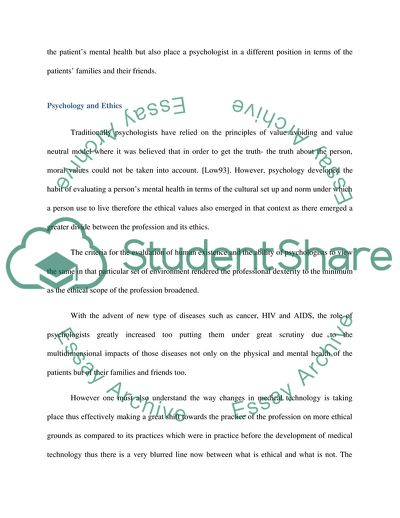Cite this document
(Ethics in Psychology-HIV and AIDS clients Literature review, n.d.)
Ethics in Psychology-HIV and AIDS clients Literature review. https://studentshare.org/psychology/1714757-ethics-in-psychology-hiv-and-aids-clients
Ethics in Psychology-HIV and AIDS clients Literature review. https://studentshare.org/psychology/1714757-ethics-in-psychology-hiv-and-aids-clients
(Ethics in Psychology-HIV and AIDS Clients Literature Review)
Ethics in Psychology-HIV and AIDS Clients Literature Review. https://studentshare.org/psychology/1714757-ethics-in-psychology-hiv-and-aids-clients.
Ethics in Psychology-HIV and AIDS Clients Literature Review. https://studentshare.org/psychology/1714757-ethics-in-psychology-hiv-and-aids-clients.
“Ethics in Psychology-HIV and AIDS Clients Literature Review”. https://studentshare.org/psychology/1714757-ethics-in-psychology-hiv-and-aids-clients.


